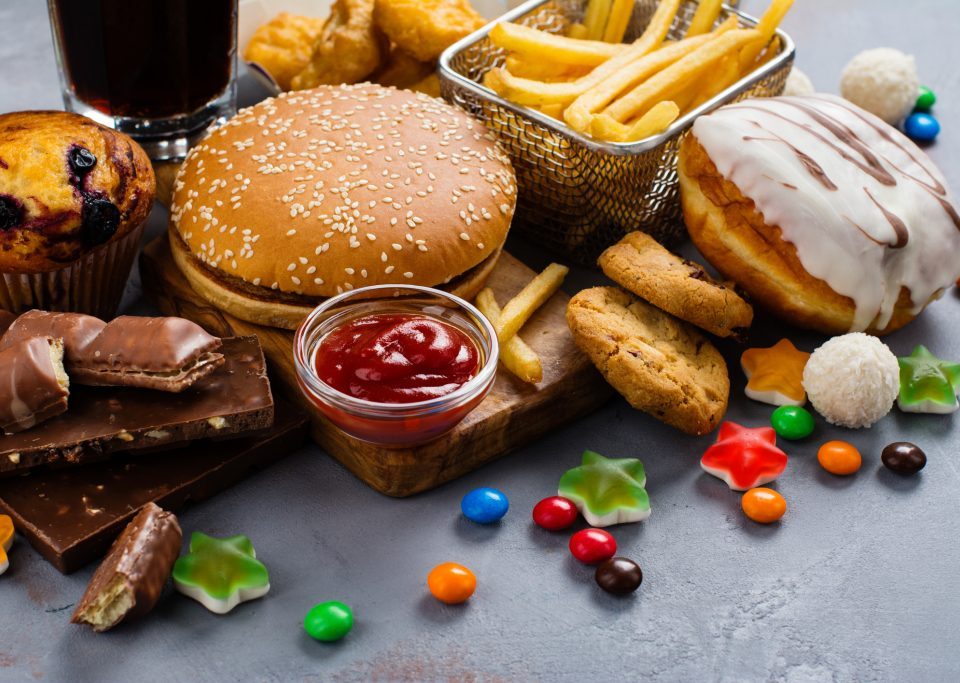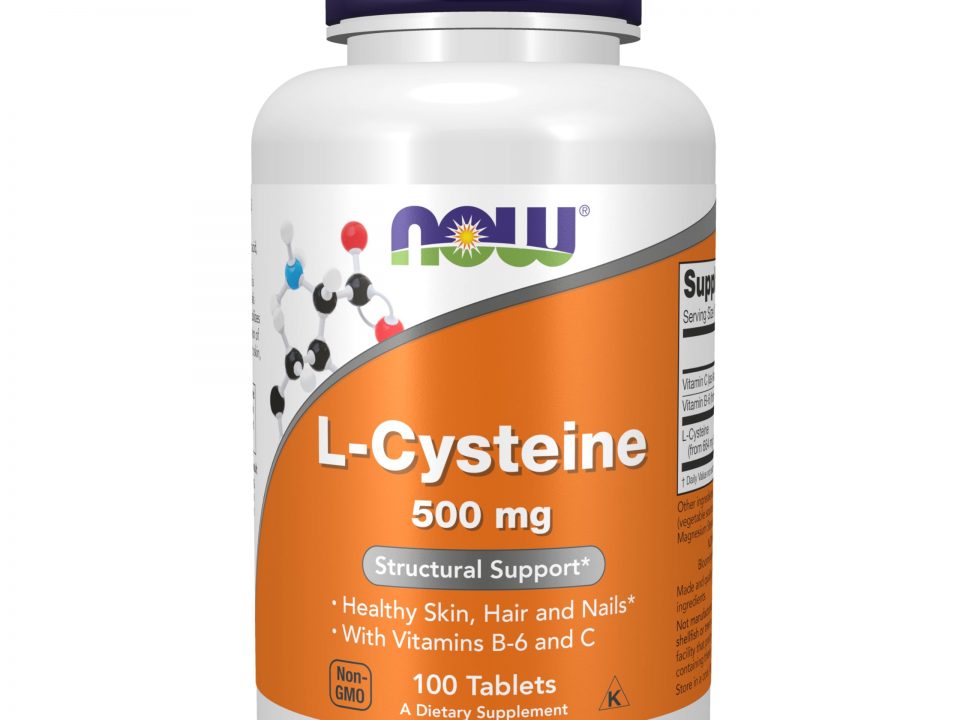- با ما در تماس باشید
- 09308658811
- iranepf@gmail.com
Vitamin C, A and E supplementation decreases the expression of HSPA1A and HSPB1 genes in the leukocytes of young polish figure skaters during a 10-day training camp
تاثير تمرين تناوبی و سن بر سطح لاکتات (La) و فعاليت آنزيم لاکتات دهيدروژناز (LDH) خون موش های صحرايی نر نژاد ويستار
۲۵ بهمن ۱۳۹۳Glutathione supplementation suppresses muscle fatigue induced by prolonged exercise via improved aerobic metabolism
۳۰ بهمن ۱۳۹۳Małgorzata Żychowska1*, Zbigniew Jastrzębski1, Grzegorz Chruściński2, Monika Michałowska–Sawczyn2 and Alicja Nowak-Zaleska2
International Society of Sports Nutrition
Background Overexpression of HSPA1A and HSPB1 has been shown to indicate stress and the degradation of damaged proteins. Therefore, the expression of these genes is often evaluated during exercise. Vitamin supplementation in young athletes may affect the expression of these genes, and help to maintain health and improve the effects of training.MethodsFourteen top junior female athletes (age 14?15y???0.3 SD, body mass 51?kg???5 SD, and BMI of 20.15???0.9 SD, time in professional training 8.5 y???0.5 SD) attended a conditioning camp that included meals planned by a team dietitian. To examine the effects of vitamin supplementation on antioxidant status we supplemented the athletes with either vitamin A (16 ug/kg/day), vitamin C (8?mg/kg/day) and vitamin E (1?mg/kg/day) or an inert placebo. Blood samples were taken before and after (12?h post) the camp to assess the relative expression of HSPA1A and HSPB1 mRNA in leukocytes via quantitative reverse transcription polymerase chain reaction (qRT-PCR).ResultsOverall, participants trained ~135?min daily (1345?min total). No statistically significant differences in HSPA1A and HSPB1 expression were observed between the groups before the camp. In the unsupplemented group, there was a non-statistically significant increase in HSPA1A expression (100% change) and a significant increase (37% change, p?<?0.05) in HSPB1 expression over the study period. The supplemented group experienced a significant decrease in HSPA1A (40% change, p?=?0.01) and HSPB1 (25% change p?=?0.03) expression over the study period.ConclusionOur results indicate that supplementation with antioxidant vitamins decreases HSPA1A and HSPB1 mRNA expression in leukocytes, and thereby may reduce exercise-induced stress in young athletes, not only during training, but also in sports competitions.


